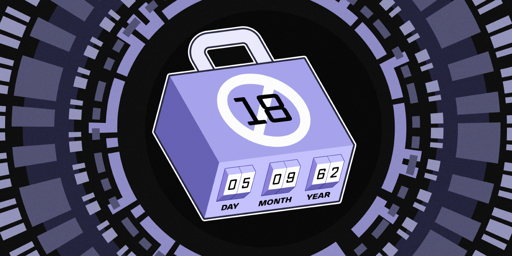This consolidation of power is a dream come true for the Big Tech platforms, but it’s a nightmare for users. While the megacorporations get more traffic and a whole lot more user data (read: profit), users are left with far fewer community options and a bland, corporate surveillance machine instead of a vibrant public sphere. The internet we all fell in love with is a diverse and colorful place, full of innovation, connection, and unique opportunities for self-expression. That internet—our internet—is worth defending.



Depends on the platform surely, couldn’t a lemmy instance just ignore the UK? Not block, ignore.
I am sure I saw that smaller platforms are seeing a surge in popularity because they are not doing it while pornhub saw a large drop. How many switched to a VPN and how many use another site?
Even safer might be that image that’s been circulating. It states that if you’re in the UK, the hosting site is required to verify your age, but they’re not required to verify your location. Now, please click on of these buttons indicating whether or not you’re in the UK to determine whether age verification must be performed.
(Presumably “I am in the UK” leads to an innocuous website)
I’d prefer: “I’m in the UK and want to be age verified” and “I’m not in the UK and don’t want to be age verified.”
Could you elaborate on why?
It gives more info as to the consequences of clicking that button. If they just ask if you’re in the UK, people could reasonably assume they’re going to serve UK-relevant content. If they say it’s for ave verification purposes directly, people will know they can click the other button to avoid the spyware.
I don’t think I agree, as I think almost any individual clicking those buttons could extrapolate that there was some subterfuge involved, but I do appreciate your take.
Did you see the original meme to which I’m referring?
Nope. Not a brit, so probably didn’t see it in my circles.
I’m also not a Brit, but it was popular here on lemmy for a day or two. Unfortunately, my very brief image searches aren’t returning it, but I’ll try to find it for you.
Most of the smaller sites are doing just that. But mainstream sites do have identification in place.
I still think it’s a clearly designed plan by VPN providers to make themselves relevant.